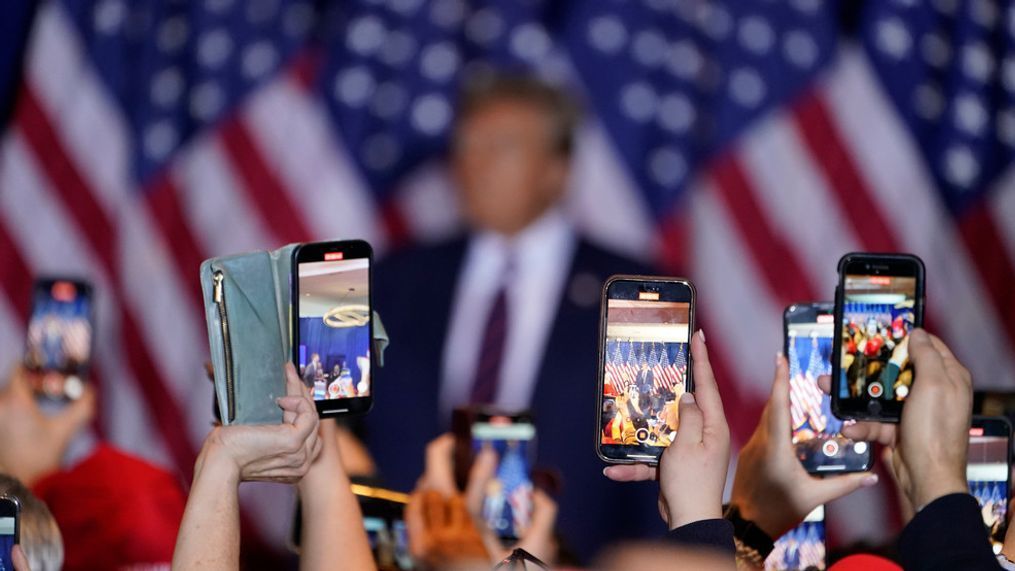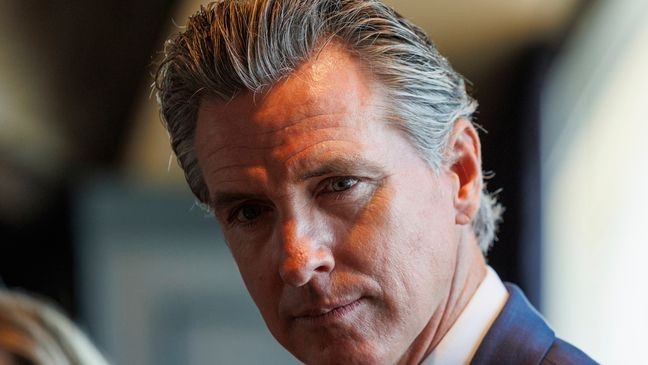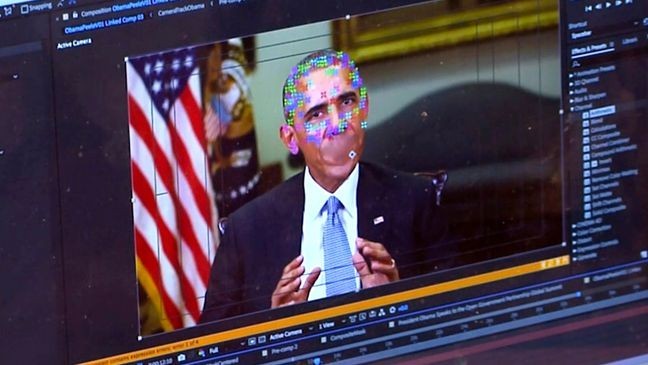California bans political 'deepfakes' amid changing digital landscape
WASHINGTON (TND) — California joined other states in targeting political “deepfakes” ahead of the November election. They'll also be the first state to require social media companies to take action when deep fakes appear on their platforms. It comes as extreme differences in politics along with the changing digital landscape make it harder to spot what’s real, what’s fake, and what’s a violation of free speech.
X owner Elon Musk shared a video to his hundreds of millions of followers in July. A doctored “deepfake” video where an artificial intelligence version of Kamala Harris’ voice rattles off multiple disparaging things that she didn’t actually say, including calling herself the "ultimate diversity hire."
Gov. Gavin Newsom, D-Calif., vowed to respond and did so this week by signing three bills into law banning political deepfakes. The bills also regulate how they’re labeled and mandate social media companies remove a deepfake if they receive a complaint.
Free speech advocates say the laws leave the door open to misinterpretations and First Amendment violations.
“The drafting is pretty vague, or it goes too far. For example, it permits deepfakes that support a candidate or the candidate wants to run, but if someone wants to poke fun at a candidate it’s not clear the bill would allow that," said Institute for Free Speech President David Keating.
Musk responded to the laws on X with a repost of the video saying California made parody videos illegal and also reposted a meme comparing Newsom to the Joker.
The California legislation could provide a pathway for more bills around the country on the tricky subject of AI that Congress has yet to get a handle on. Congress has been wrestling with the emerging technology issue but has yet to get a handle on it.
“I think it’s a grave concern to all of us that any person would use artificial intelligence to impersonate or malign or mislead voters, it’s wrong," said Rep. Jim Costa, D-Calif., when asked about the new laws from his state.
Experts agree it’s an issue likely bound for the Supreme Court.A lawsuit has already been filed in California asking for the laws to not be enforced.




